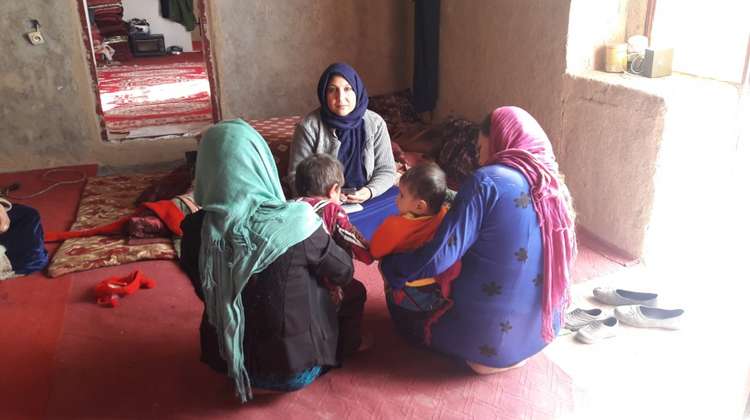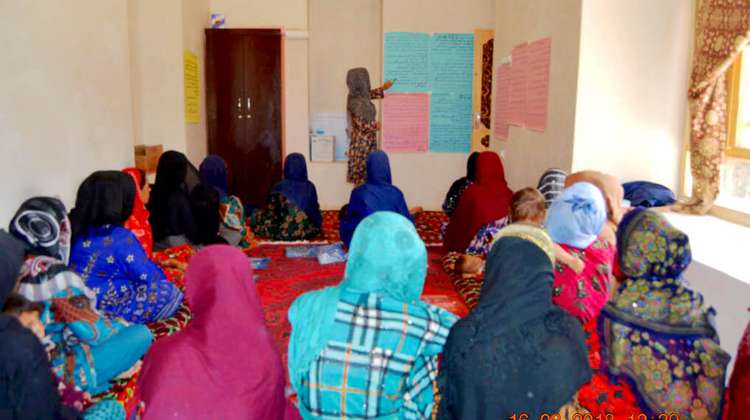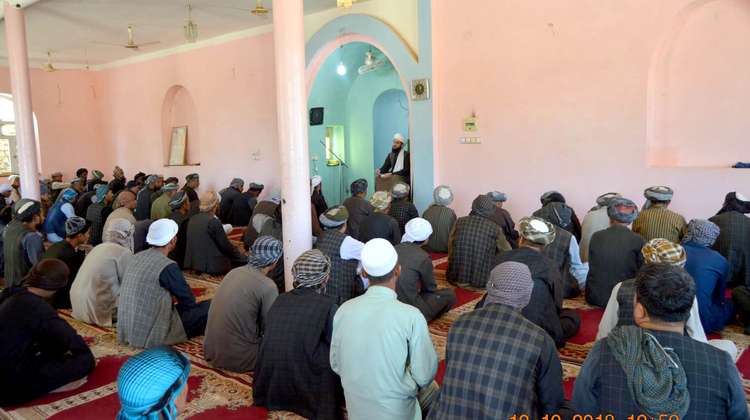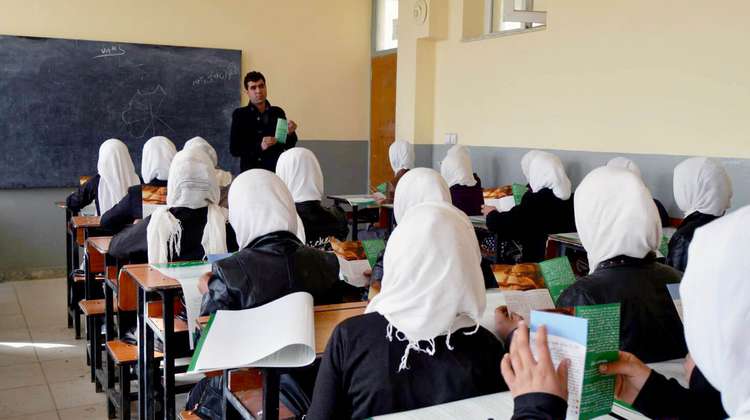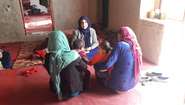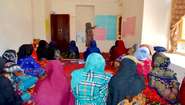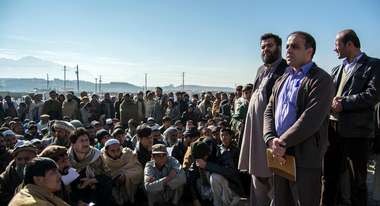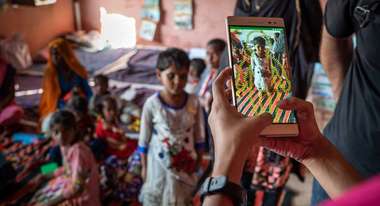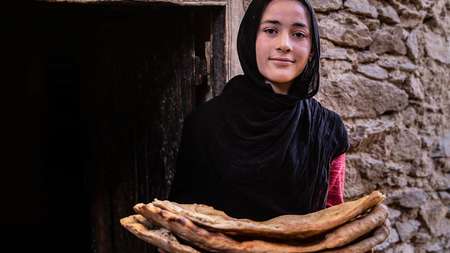
Religious influence for better nutrition
Despite substantial progress in recent decades, undernutrition remains a significant problem in Afghanistan, particularly in rural communities.
Since 1980, Welthungerhilfe has been working hand-in-hand with civil society in Afghanistan to empower socially marginalised and economically poor citizens to reinforce their resilience and ensure adequate food and nutrition throughout the year.
Welthungerhilfe’s most recent pilot project brings together religious and other opinion leaders with nutrition experts to amplify nutrition messages featured in the two main scriptures of Islamic knowledge, the Qur’an and the Hadith.

The messages of Islam help shape the way of life of many people. Therefore, in this project we chose the approach of bringing together religious opinion leaders and nutrition experts.
Nasrullah Sultani Regional Manager of Welthungerhilfe in AfghanistanNutrition in Qur’an
The 2018 Afghanistan Health Survey revealed 6.3% of children under five to be wasted, 36.6% stunted and 18.7% underweight. The key underlying causes of this undernutrition are poor care and health-seeking practices.
Afghanistan’s population is majority Muslim. There is widespread belief in the authority of Qur’anic teaching and religious leaders have strong influence in social and political affairs at the national and community level.
Welthungerhilfe is seeking to implement a project based on past health programmes in other countries that drew on the influential power of religious leaders to promote behaviour changes at the community level. “Nutrition in Qur’an” – a Welthungerhilfe “Innovation Factory” project – was thus piloted in five rural communities in Afghanistan's Jawzjan province.
The consequences of malnutrition
- Impaired mental development
- Growth delay
- Weakened immune system and thus greater susceptibility to infectious diseases such as diarrhoea and malaria
- Increased probability of child mortality
- Increased risk of diseases like diabetes and cancer later in life
- Studies have shown that malnourished children have a lower income in adulthood
Greater knowledge, better nutrition
The innovative Nutrition in Qur’an pilot demonstrates that religious leaders can be key agents of change in Afghanistan through the integration of nutrition messaging with religious beliefs. Community members and religious leaders are embracing the project, showing the pilot has the potential to be implemented on a wider scale.
Other Islamic countries where Welthungerhilfe is currently active have already expressed interest, including Pakistan and those in the Sahel region. In Afghanistan, Welthungerhilfe is looking for partners to integrate the Nutrition in Qur'an concept into its broader development and humanitarian programme.
Implementing the Nutrition in Qur’an pilot
- A knowledge, attitudes and practices survey was used to inform the development of key messages based on the Qur’an, along with promotional materials (videos, radio broadcasts, flyers and posters).
- The key messages were disseminated from September 2017 to December 2018 through male and female community groups (reaching 1,000 pregnant and lactating women), religious leaders and community health workers, using multiple media and outlets.
- Focus group discussions explored changes in nutrition beliefs, behaviours and perceptions and found a higher level of knowledge, positive attitudes and practices observed compared to before hearing the messages.
- This pilot found that leveraging religious leaders and Qur’anic teachings is acceptable for rural, majority-Muslim communities in Afghanistan and can positively influence health and nutrition behaviour change.




